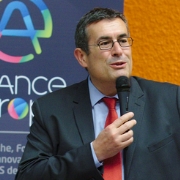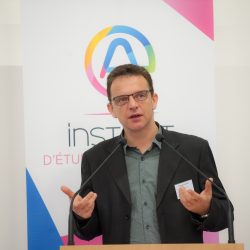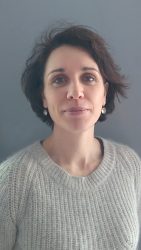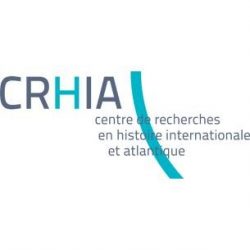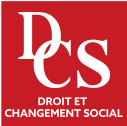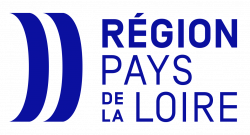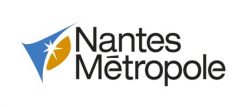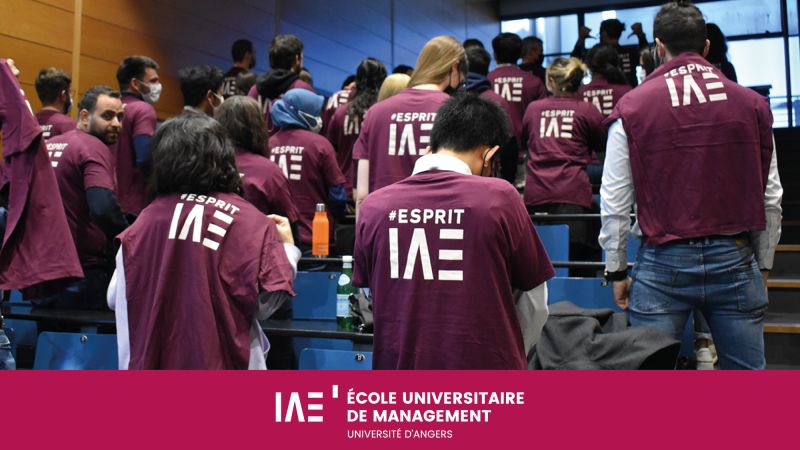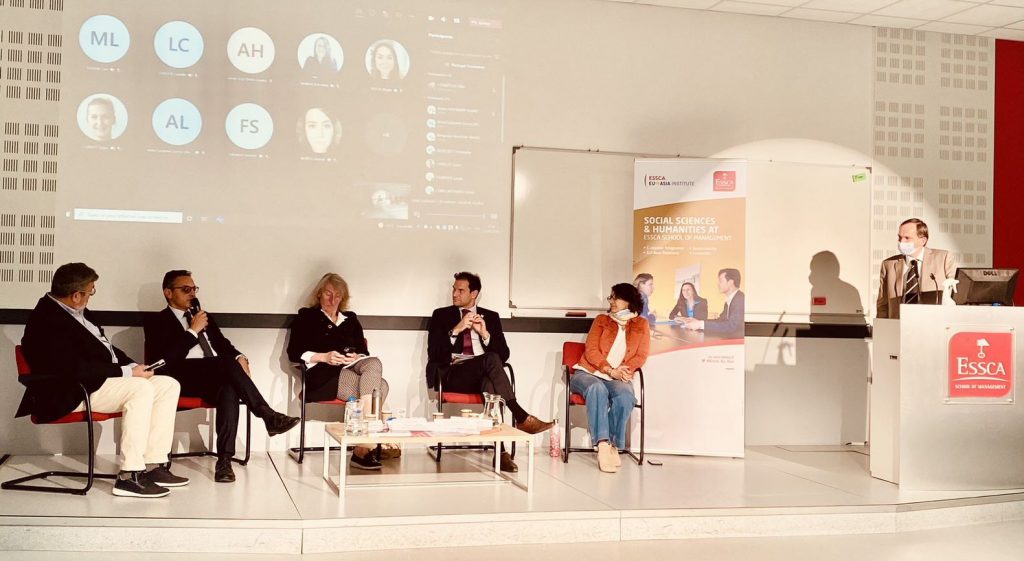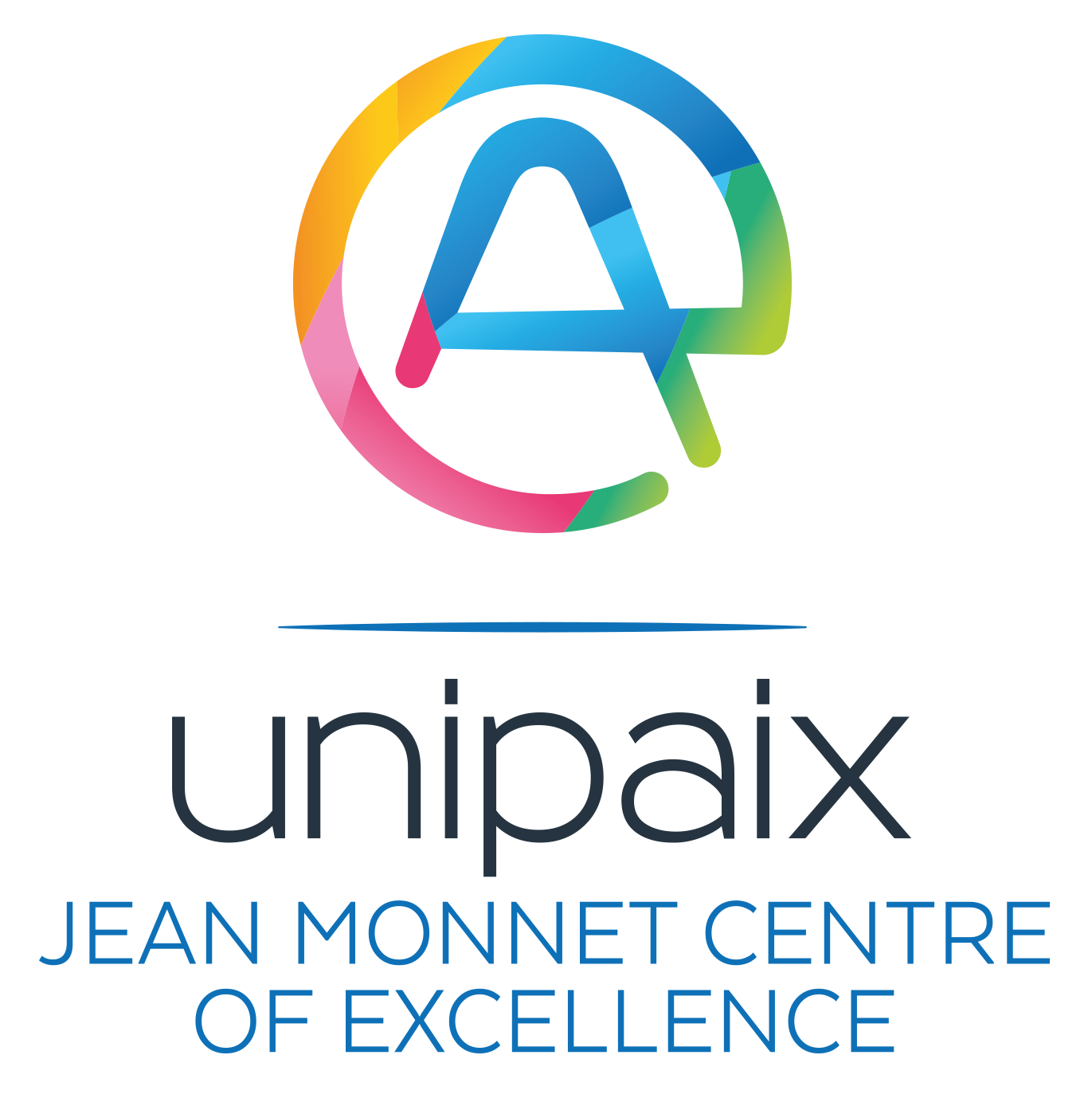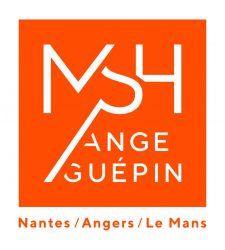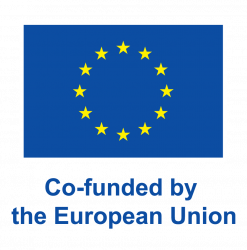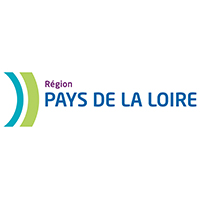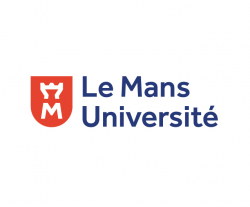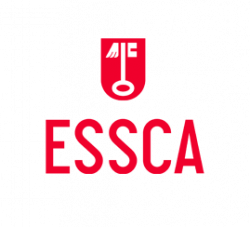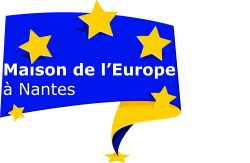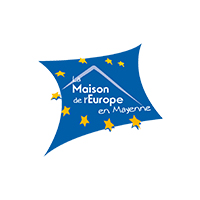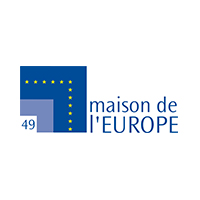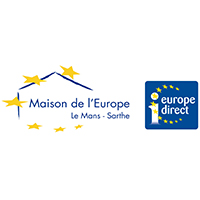The Institute for European and Global Studies Alliance Europa organises a 4-days event with PhD students and researchers for addressing local stakeholders issues regarding European integration.
You are a PhD student in Social and Human Sciences interested in:
-pluridisciplinary challenges to be solved in international teams
-experiencing the position of consultants
-meeting extra-academic actors facing European issues.
Then join us for an enriching event in the great city of Nantes!
Context – Contexte
Since the 80’s, the acceleration of globalisation pushes to an end the State monopole as the unique legitime player in external policies. Globalisation also contributes to a transnational society liberated from frontiers. In parallel decentralisation trends strengthen jurisdictions of authorities at the sub-national level, including in the matter of foreign policies. These transformations have facilitated the increasing role of local and regional stakeholders in European integration. Simultaneously the European Union implements a multi-level governance, in which local and regional authorities participate, more or less closely with the Member States. The development of the European Union policies and of their financing abilities becomes a major issue for territorial policies and for all political and socio-economic stakeholders. Local and regional stakeholders create networks to fit better in European governance attempting to influence together decision-makers. The numerous European crises have not weakened the process. Evenmore, crises give the incentive to think Europe differently, by better integrating citizens, also locally through dynamic civil societies. Local and regional authorities can develop awareness, information and communication policies on Europe to foster a better ownership of these issues by local populations.
This interdisciplinary research field allows to study differently European integration, which operates also in a bottom-up approach and not only in national capital cities and in common institutions. Specificities and territorial particularities are numerous in Europe. Nevertheless the study of actions, policies and European strategies of Nantes and Pays de la Loire stakeholders will be done through a comparative approach thanks to the participation of international PhD students and researchers.
Objectives – Objectifs
The February 2020 winterschool will offer the opportunity for European PhD students to adopt the skills of consultants and work on a real issue faced by local stakeholders in matter of European integration. Local stakeholders (public institution, firm, NGO) will get feedbacks from a pluridisciplinary team to rethink links between their activities and European governance.
Language – Langue
Conferences, team work and debates will be hold either in French or in English depending on the sessions. For the work in groups, you have the possibility to choose the language of the team you will join. Participants need to understand English and French, and have a fluent level in one of these languages.
Date & Location – Date & localisation
This winterschool will take place from the 3rd to the 6th of February, in Nantes.
Organisers/organisateurs
MICHEL CATALA
Professor of Contemporary History at the University of Nantes - Director of the Institute for European and Global Studies.
ARNAULD LECLERC
Professor of political science at the University of Nantes and director of the Maison des Sciences de l'Homme Ange-Guépin from 2015 to 2020. Holder of the “Telos, Ethos, Nomos Europa” Jean Monnet Chair. Coordinator of Alliance Europa's Axis 1 "Governing Europe in a globalised world".
A member of the Law and Social Change Laboratory (CNRS/University Joint Research Unit n°6297), Arnauld Leclerc is a specialist in political theory applied to Europe. He directs the Master 2 in Political Science of Europe and created in 2011 an original selective bachelor’s degree dedicated to the multidisciplinary study of Europe. All the classes he teaches relate to European studies, contributing to the vitality of this field and to the debates on European issues through his regular participation in public debates and the organisation of numerous scientific and extra-academic events. He is the president of Euradio, a radio school specialising in European issues, welcoming students from all over Europe every year and broadcasting in several languages.
He is the coordinator of the Chair of European Philosophy project held by philosopher Jean-Marc Ferry, and the author of several collective works including Les intellectuels et le pouvoir. Déclinaisons et mutations (Presses Universitaires de Rennes, 2012), Conclusion : La citoyenneté européenne en temps de crise and L’Europe : crise et critique (Presses de l’Université de Paris-Sorbonne, 2016, 2017) and Du mot au concept. La démocratie comme intellectualisation de la dispute sociale (2017), L’Europe face au défi des religions: construire un espace public par-delà la sécularisation (2017). His research themes are the the philosophy of Europe, the theory of democracy and the philosophy of the university.
See the page of the “Télos Ethos Nomos Europa” Chair.
JENNY RAFLIK GRENOUILLEAU
JENNY RAFLIK GRENOUILLEAU
Professor of Contemporary History at the University of Nantes and member of the Centre de Recherches en Histoire Internationale et Atlantique.
Research themes:
– the history of European integration,
– terrorism and globalisation.
ELISE ROULLAUD
Post-doctoral student at the Schengen Chair held by Yves Pascouau.
A doctor in political science from the Lumière-Lyon2 University, her research focuses on the construction of the European political space.
Her post-doctorate is funded by LABEX EHNE and the Université Bretagne Loire.
CRHIA
The Center of Research on International and Atlantic History (EA 1163 – Universities of Nantes and La Rochelle) is one the major historical research centers in Western France, accredited by the Ministry of Higher Education and Research under the 2017-2021 five-year contract.
This laboratory bring together researchers in ancient history, medieval history, modern history, contemporary history, litterature and languages. It gathers 151 members (48 tenured teacher-researchers, 9 professor emeritus, 3 other researchers, 4 post-doc, 80 PhD students and 7 administrative and technical staff) and 90 associate researchers around a common theme : “From the world to the Atlantic, from the Atlanic to the world : modalities, spaces and players of international changes from Antiquity to the present day.
http://www.crhia.fr/
Droit et changement social, UMR 6297 CNRS (University of Nantes)
Droit et changement social, UMR 6297 CNRS (University of Nantes)
DCS (Law and Social Change) is a joint research unit between CNRS and the University of Nantes, with a legal focus and whose aim is to develop interdisciplinary relations. The common basis of the laboratory lies in its overall objective: to understand the role of law in the transformations of contemporary society. DCS emphasizes the observation of practices and approaches for evaluating the effectiveness of legal norms.
http://dcs.univ-nantes.fr
Nantes Université
Etablissement public d’enseignement supérieur et de recherche innovant créé en janvier 2022, cette institution regroupe la faculté, le centre hospitalier universitaire (CHU de Nantes), l’institut de recherche technologique (IRT Jules Verne), les grandes écoles Nantaises (Centrale, l’Ecole des Beaux-Arts et l’Ecole d’Architecture) ainsi que l’organisme national de recherche (Inserm). Réunir ces institutions sous la tutelle de Nantes Université permet de développer conjointement les lignes directrices de la recherche universitaire nantaise.
Nantes Université est porteuse du Centre d’excellence Jean Monnet UniPaix, qui rassemble des enseignants-chercheurs issus des pôles Humanités et Sociétés.
http://www.univ-nantes.fr
Our partners/ Nos partenaires
Nantes Université
Etablissement public d’enseignement supérieur et de recherche innovant créé en janvier 2022, cette institution regroupe la faculté, le centre hospitalier universitaire (CHU de Nantes), l’institut de recherche technologique (IRT Jules Verne), les grandes écoles Nantaises (Centrale, l’Ecole des Beaux-Arts et l’Ecole d’Architecture) ainsi que l’organisme national de recherche (Inserm). Réunir ces institutions sous la tutelle de Nantes Université permet de développer conjointement les lignes directrices de la recherche universitaire nantaise.
Nantes Université est porteuse du Centre d’excellence Jean Monnet UniPaix, qui rassemble des enseignants-chercheurs issus des pôles Humanités et Sociétés.
http://www.univ-nantes.fr
Région des Pays de la Loire
Région des Pays de la Loire
La Région des Pays de la Loire est une collectivité territoriale créée en 1982.
La Région des Pays de la Loire soutient le programme Alliance Europa dans le cadre de sa démarche Recherche, Formation et Innovation en Pays de la Loire.
Le territoire régional en quelques mots :
La Région des Pays de la Loire est un territoire jeune et dynamique qui compte 3,8 millions d’habitants et accueille chaque année plus de 25 000 personnes. La région est constituée de 5 départements (Loire-Atlantique, Maine-et-Loire, Mayenne, Sarthe et Vendée).
http://www.paysdelaloire.fr
Nantes Métropole
Nantes Métropole financially supports the Alliance Europa programme in its research, education and innovation components within the framework of the “Campus Nantes” – Metropolitan Higher Education and Research Development Plan.
The Nantes agglomeration also supports an associative network involved in European issues and is actively engaged in European networks. It thus contributes to the dynamism of the European Idea Factory.
https://www.nantesmetropole.fr
UACES: Exchanging ideas on Europe
UACES: Exchanging ideas on Europe
UACES - The academic association for contemporary European studies - is an international association which brings together teacher-researchers, students and professionals interested in Europe and the European Union.
UACES aims to develop education for the general interest through the promotion of teaching and research in the field of European studies.
UACES implements various activities:
– organisation of events and conferences,
– funding for the research activities of the network’s members,
– collaborations for the publication of books and journals,
– support for research networks.
The Alliance Europa Institute of European and Global Studies belongs to this international network and supports the participation of the Institute’s members in the annual conferences of UACES through the funding of mission expenses.
Call for applications/Appel à candidature
Submission deadline is postponed to the 6th of december 2019 !
Call for application_winterschool_IEEG_ENGL_final_2
Appel à candidature_winterschool_IEEG_final_2
Application/Candidature
The application must be submitted at the latest on the 6th of december 2019. The file includes:
- The application document (FR_ Formulaire d'inscription, or ENGL_Registration form)
- A cover letter
- A detailed CV
- A presentation of your thesis (2 to 3 pages maximum)
Organisers will select about 15 PhD students based on their motivations and on the quality of their application.
Except for PhD students from Nantes, travel expenses and hosting fees will be taken in charge by Alliance Europa. You will receive a certificate proving your participation to the winterschool at the end of the event. For PhD students registered in Pays de la Loire unversities, these training will give access to credits validated by your regional doctoral school.
PhD students must cover their food expenses.
To know more on the winterschool / Pour en savoir plus
Posted on 18 October 2019

